9 Poems For Funerals That Aren’t The Irish Blessing
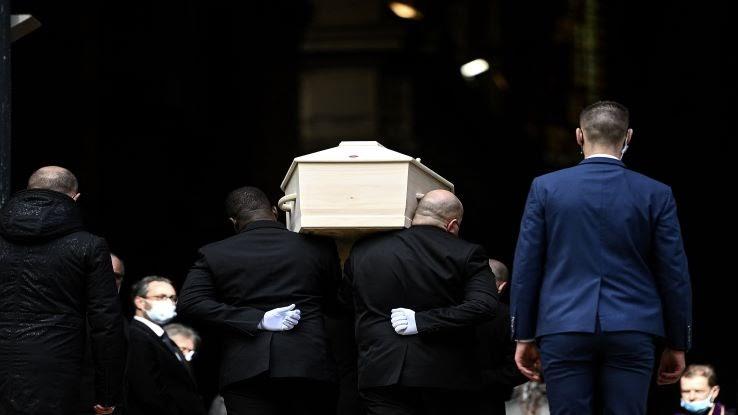
Saying ‘goodbye’ is rarely easy. Thanks to ceremonies shown in popular films and TV, there is a pressure to have a perfect, nearly theatrical production that might not exist if not for popular media. Some mourn with bagpipes, some choose Bible verses, and others prefer poems for funerals, wakes, and other ceremonies that honor the departed.
Many of us have heard the Irish Blessing, a popular poem/prayer, read aloud at funerals, weddings, graduation, and other ceremonies. While the Irish Blessing is beloved by many, here are eight other poems that can help you pay tribute to the departed.
What Is An Elegy and Other Poems for Funerals
The Irish Blessing is so old that the author is unknown, but its message is so heartfelt that it has lasted for hundreds of years. With sentiments like the wind being behind your back and the road rising up to meet you, it is appropriate in many situations. How often would we ever say no to wishes of wellness from one another?
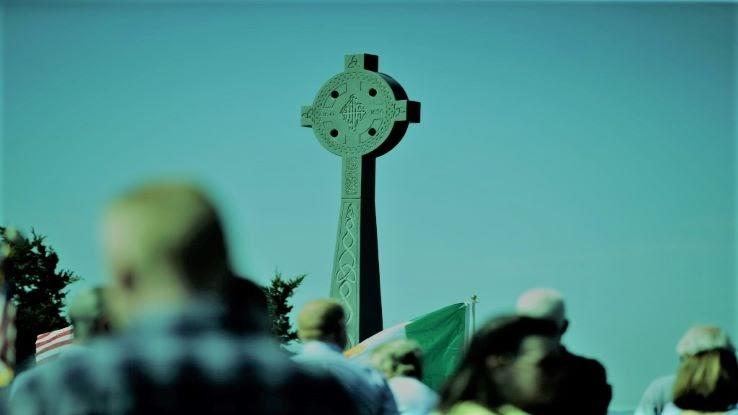
The only possible complaint one could make would be hearing it too often and at too many different occasions, from graduations and weddings to funerals. Reading different poems for funerals would not replace the Irish Blessing, it just might give the blessing more company.
The Irish Blessing is one example of a litany, a poetic form that is list-like, often having a call and response or just a series of statements. But a litany is not the only appropriate poetic form for a funeral reading. An elegy is a type of poem or lamentation that specifically honors the dead. Not every poem read at a funeral needs to be an elegy. What poems for funerals need are a tone that will be appropriate for the setting and fitting for the person you are honoring.
When selecting poems to read or have read at funerals, keep in mind the person or persons being mourned as well as those who will be mourning around you. It is possible for a poem to be too sad, salting a wound that is probably freshly inflicted. Finding a poem that can fit the mood of a funeral without being too triggering is tough, but here we have eight options for you that are both respectful and contemporary.
“On Earth, We’re Briefly Gorgeous” by Ocean Vuong
This poem can be found in Ocean Vuong’s collection of the Night Sky and Exit Wounds. Vuong also has a novel that shares the title of the poem and two other books of poetry, so the writer has a lot of work to look into if you enjoy this work.

“Dusk: a blade of honey between our shadows, draining
*
Say amen. Say amend.
Say yes. Say yes. “
The song grapples directly with life and death, using seasonal changes and other imagery to visualize what cannot be seen. This poem might be a little too intense for some audiences but ultimately ends on an optimistic note. Separated into several sections, one can pick and create their own overall tone by only reading several of them.
“If You’re Staying, I’ll Stay Too” by Meg Day
In Day’s poem, two people are like asymptotes: there is a closeness to each other but they cannot seem to make contact, much like the living and the dead. One’s identity is a topic in this, which makes the poem suited for grieving someone who may have struggled with their identity or someone who wore who they were on their sleeve.

“I was a woman once,
but that’s not the farthest thing from the sun
another universe might’ve
let me be: another universe might’ve let us be.”
The former planet, Pluto, is a focal point of the poem. Pluto: sometimes planet, sometimes planetoid, sometimes Greek God is a great metaphor for identity.
“Another Elegy” by Jericho Brown
Short yet sweet, Jericho Brown’s elegy is a perfect way to start or conclude a eulogy. This work is friendly for inside the church, at the gravesite, or in a gathering place with loved ones after the ceremonies.

“To believe in God is to love
What none could see. Let a lover go…”
Versatility helps when selecting a poem to read a funeral since the act of mourning often includes movement from place to place. The Pulitzer-winner has several poems titled “Another Elegy,” but this one sticks out for its secular vibrations.
“Brown Girl Has Walked Into The Wild, Palms Open” by Barbara Jane Reyes
It’s especially important to remember that not every person you mourn (or will be mourning with) will have a connection to Irish customs or Western culture in general. With this in mind, the relationship between nature, the body, and what we inherit from one’s own history is explored in the poem.

“See how she rests. Her body will fall as time wills it
See how it hollows, how her pieces return to earth”
Pinay writer Barbara Jane Reyes offers poetry for funerals of women of color, a group too often underrepresented. Having a poem special to this group that is full of tender ferocity might be a great way to pay tribute.
“Litany of Things to Remember” by Olivia Braley
Some poems for funerals sound like they were written for folks in the here and now. Like The Irish Blessing, Olivia Braley’s litany offers its readers and listeners a treasure trove of icons, experiences, and well wishes.
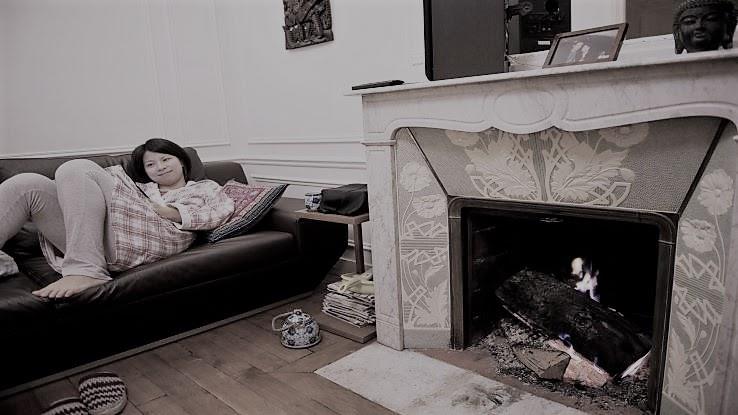
“Remember the chill of December and the things that kept you warm
Remember wool socks, heating bills you couldn’t afford
The bricked-in fireplace, the whiskey and the wine, his big arms…”
Braley’s verse is more modern and offers nostalgia, ups and downs, and philosophical musings in addition to an appropriate tone. It’s especially fitting if mourning the loss of a younger person or someone with a young heart.
“I’ll Love You Until The End of the World” by Jill Mceldowney
Using Mount Everest as a symbol and touchstone, Jill Mceldowney’s poem reminds readers that life can sometimes feel like an uphill climb. This makes it perfect for ceremonies in winter or for someone that enjoyed mountain climbing or the outdoors in general.

“I will talk out loud to keep them away —
to keep
the future begging —
hands outstretched
for something to eat.”
The poem shows bits of denial and later acceptance, mirroring different stages of grief. In the cold of Everest, the words of the poet offer warmth.
“Politics of Elegy” by Sam Sax
Funerals are often spaces for deep thought in addition to emotion. Questions of life, death, and the future might be more common than in other spaces. Some poems for funerals include introspection among other sentiments.
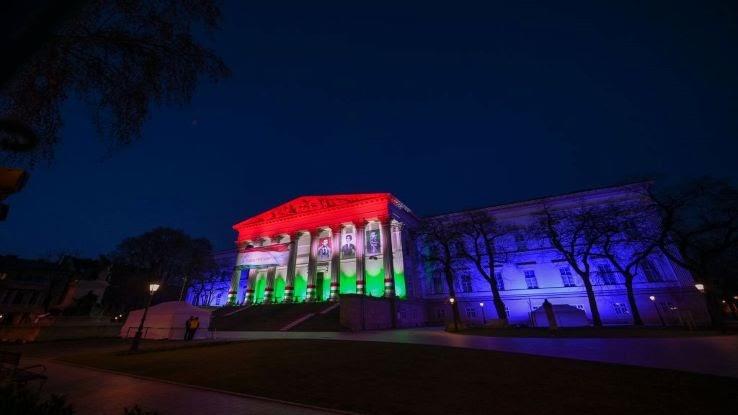
“Like anyone I can make a list of the dead
I can make them my dead by making the list
I can write my name then name names below it
I can craft & obfuscate & collapse
I can publish it
I can ask ‘who of us is left to tell their story?’
Sam Sax’s critique of the elegy might make it seem more appropriate to read than other poems for funerals. Asking big questions while also acknowledging the loss at hand can be a healthy way to help others move through the different stages of grieving.
From “Summer, Somewhere” by Danez Smith
Sometimes a poem is too long to read all at once in public. It’s important to remember the art of brevity when picking a poem to read at a funeral. Longer poems can require a larger bandwidth, but reading excerpts is an easy workaround.

“If he asks for a kiss, kiss him
If he asks where he is, say gone..”
This section of “Summer, Somewhere” does justice to the poem as a whole, which would make a respectful and appropriate reading at a funeral for a person of color. Fans of the excerpt can enjoy the poem at its full length in the collection, Don’t Call Us Dead.
“The Light the Living See” by Ada Limón
“The Light the Living See” by Ada Limón might seem too literal for a funeral since it’s literally about graves, but it’s so resonant because there are no bells and whistles, no choreography. It’s not a flashy poem. Some folks will appreciate that.
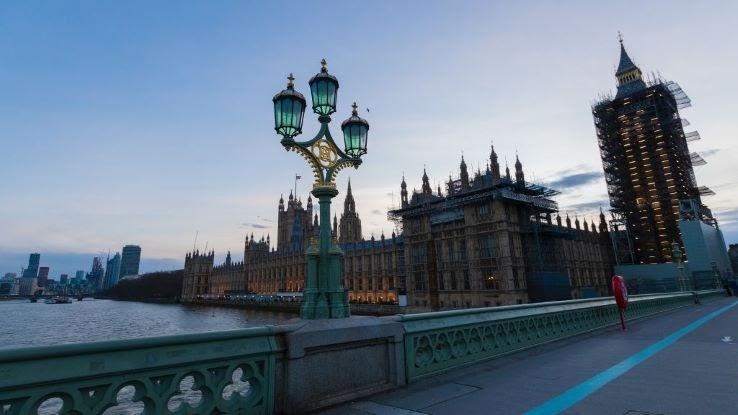
“Chemicals and maggots, sure,
But also a place to grieve, a creek
A constellation of death to count on..”
In addition to its realness, what makes this a perfect poem for funerals is that the last stanza mentions leaving and going to lunch, which is a little meta since many funerals take place in the morning, but it might help nudge listeners into taking their next steps.





